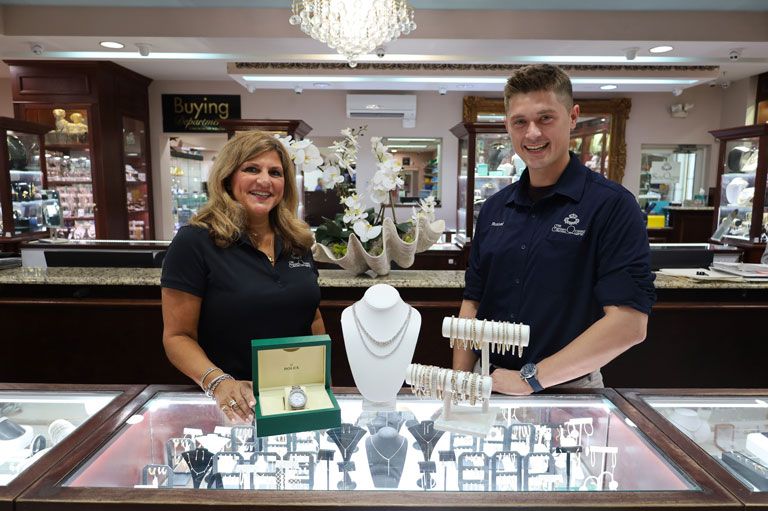Francis Higgins
Francis Higgins was a prominent 19th-century London silversmith known for his refined craftsmanship and contributions to the revival of traditional silver forms, particularly during the Victorian era. Operating primarily out of Hatton Garden—a historic district renowned for jewelry and metalwork—Higgins established a name synonymous with exceptional quality, tasteful ornamentation, and faithful execution of classical and ecclesiastical styles. His hallmark was first registered in the mid-19th century, and his workshop was active for several decades, producing everything from flatware to intricate pieces of devotional and ceremonial silver.
Higgins' work is frequently recognized by collectors for its solid construction, balanced proportions, and often subtle yet elegant design motifs. He was especially known for producing apostle spoons, a tradition that dates back to the 15th century and experienced a renewed interest in the Victorian age due to a widespread fascination with medieval Christian iconography and moral symbolism. His spoons, often made in sterling silver and precisely hallmarked, exhibit a deep respect for historical form while still reflecting the refinement of his era.
Though less widely known than the large firms of his day, Francis Higgins is revered among connoisseurs for maintaining the standards of true silversmithing at a time when mass production was becoming more common. Today, pieces bearing his mark are considered highly desirable—especially those tied to religious or ceremonial use—and are often found in curated private collections, auction houses, and museums of decorative arts. His legacy endures through the quiet beauty and integrity of the silver he left behind.
This brand has no products, please check back soon.



